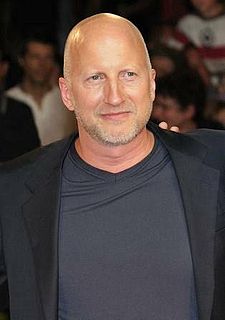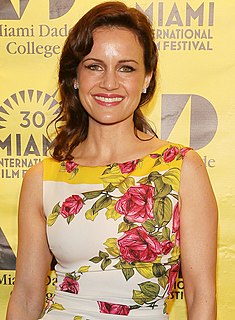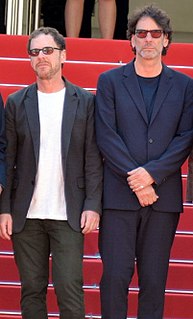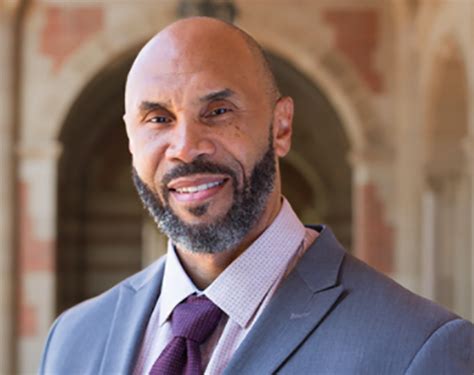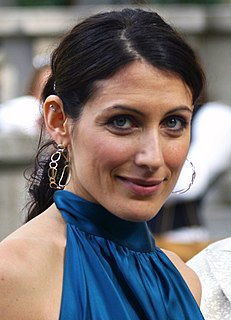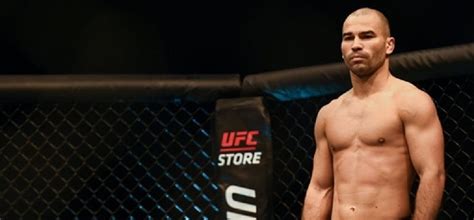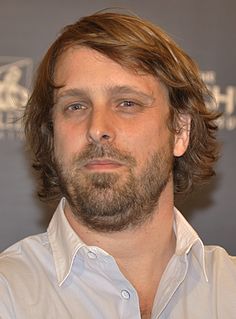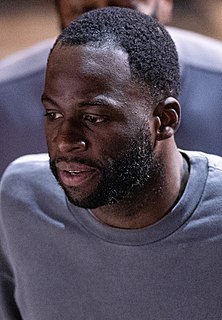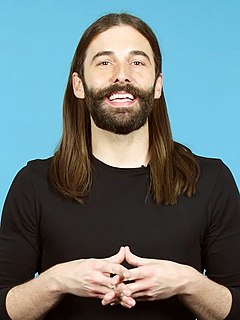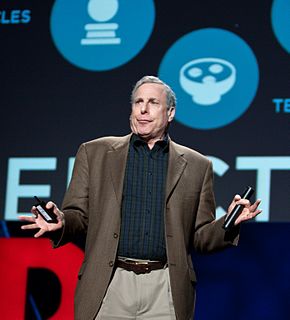A Quote by John Hillcoat
One thing I love about Cormac McCarthy is the types of pressure he puts onto people. You see the best and the worst in people, you really see what humanity is made of, and I think that resonates in some way.
Related Quotes
How do people move on after they've lost the love of their life? It's a really interesting thing to look at. It happens to people every day: you see people... even in the worst, most war-torn places, people get up and continue with their lives. And it's a fascinating thing about human nature. That ability to just continue on.
People learn a lot about what they think they know about other people from what they see in the media. If they see certain types of images reproduced over and over again for other groups that limit them to narrow types of roles and portrayals, they start to take those prejudices into their interactions with those people in real society, and that creates all kinds of discriminatory problems.
I really learned that, when I got into television, I really learned the power, how deeply it affects people to see themselves on television, to see something that they can relate to, that they feel is like them in some way; people feel validated. Its not a little thing. It really means a lot to people. It actually can change people.
I do think that people get really emotionally involved in the TV shows that they love and I think that is fantastic. Of course they are going to have opinions. The other thing is that people project onto their television shows. They see a character and layer on many traits that are actually their own or their idea of what that character is.
The thing everybody thinks of when they think about Russia is how tough the people are. When they see a fighter continuously pulling out, that's something that they really don't like. Then they look at a guy like Conor who always shows up and does what he says he's going to do. That really resonates with the Russian public.
I follow my instincts and I always think about what movie I would like to see. If I want to see it then I'm guessing that some other people might want to see it as well. I never try to think about what people will love or will like, because when you start to think for other people that's where you lose track of the real motivation.
There's the Draymond Green you see out on the floor. But that's not me. I mean, it is, but there's more. People see the fiery guy, the competitive guy, the trash talk and everything. But they don't see the love and compassion. They don't see the person. They don't see the real me, who values his friends and puts people first.
I think it's a dance that people want to see. It's a chemistry that people want to see. In the same way that people don't want to see a perfect hero with no flaws who can handle anything, people don't want to see a perfect relationship. There's nothing interesting about that. People want to see you fail.
It's kind of a collaborative relationship. Westworld requires the investment of the people watching, and that's what I love about it. It changed my life. When I read the script, I was like, 'This is going to change the way I think about my own life. The way I see myself, the people around me, and the way I choose to exist.' That's what great material does. It transcends just being pop cultural entertainment, and actually involves the mind. It's really fun, and when I see the reactions and theories it makes me really excited. That's why I act.
Trauma really does confront you with the best and the worst. You see the horrendous things that people do to each other, but you also see resiliency, the power of love, the power of caring, the power of commitment, the power of commitment to oneself, the knowledge that there are things that are larger than our individual survival. And in some ways, I don't think you can appreciate the glory of life unless you also know the dark side of life
